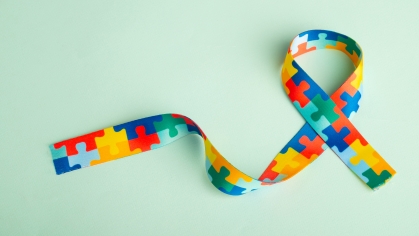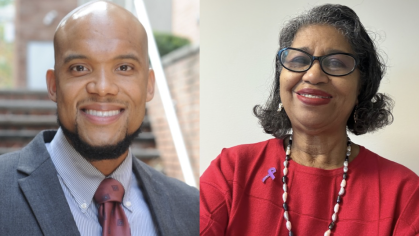As Native American Heritage Month comes to a close, we share excerpts from the CSWE Statement of Accountability and Reconciliation for Harms Done to Indigenous and Tribal Peoples, "Social Work and Indigenous and Tribal Peoples Today." To read the full report, visit CSWE's website.
Child Welfare
The Indian Child Welfare Act of 1978 (ICWA) is a federal law that applies only to members enrolled in or eligible for enrollment in federally recognized tribes in the continental United States and Alaska. When implemented as intended, the ICWA is designed to protect Native American children, tribes, culture, and tribal sovereignty (Mannes, 1995). These aims are deeply intertwined. The spirit of the ICWA acknowledges that children “are most permanently stable and safe when they are emotionally and psychologically connected to their culture” (Hunt et al., 2001, p. 169). Recognizing the embedded nature of the unique cultural and legal aspects of the law, the ICWA acknowledges that “there is no resource that is more vital to the continued existence and integrity of Indian tribes than their children” (ICWA, 1978).
Decolonizing Approaches
A congressional investigation in the mid-1970s discovered that “many state social workers...were either ignorant of Indian culture or tradition or were prejudiced in their attitudes” (Pevar, 1991, p. 192). This absence from education results in what Freire calls a “culture of silence” (1970). This silence and ignorance allow social work educators to perpetuate the harms of colonization. It is imperative that we, as social work educators, decolonize our own practices and the systems in which we work.
Research Ethics and Indigenous Peoples
Social workers who conduct and teach about research must understand the ethical issues noted above, work with tribal IRBs when possible, and continue to follow ethical principles even in the absence of a tribal IRB. Although informed consent protects the rights of
individuals, it is insufficient to protect the rights of communities. Indigenous and Tribal Peoples have tribal IRBs, to protect Indigenous Peoples, lands, and sacred objects when research is involved. These include human remains, which are also subject to the Native American Graves Protection and Repatriation Act. Social work educators must include content on tribal IRBs and on how to ethically conduct research with Indigenous and Tribal communities in the social work curriculum.
This story was created in partnership with Rutgers School of Social Work's Inclusion, Intersectionality, Diversity, Equity, and Advancement (IIDEA) Committee in support of our commitment to diversity, equity, and inclusion.



